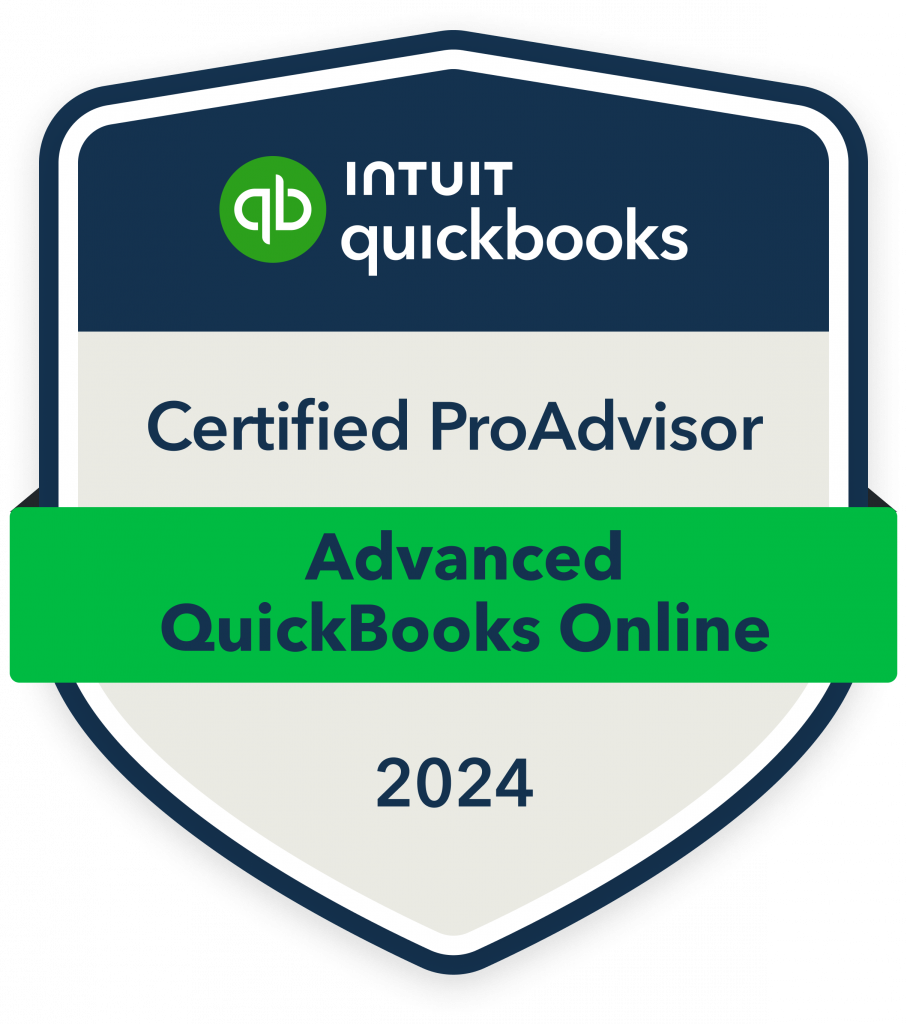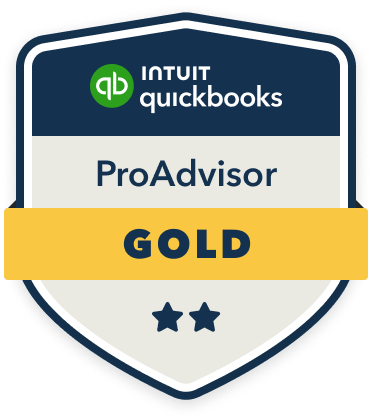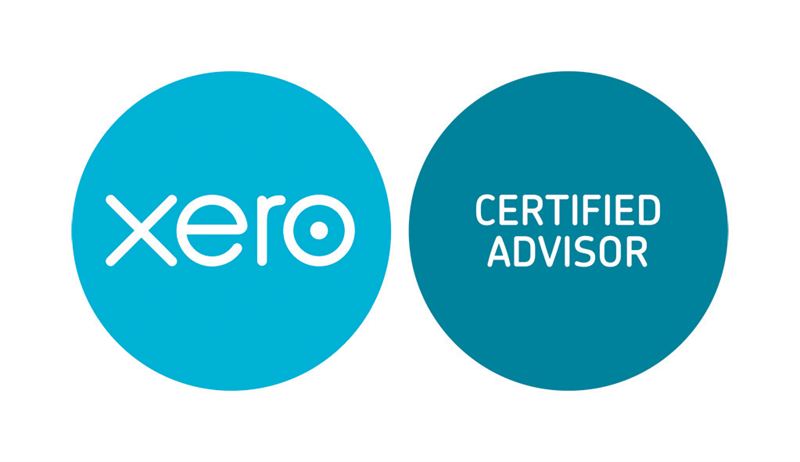
Essential Bookkeeping Tips: Advice from an Accountant
For any business, large or small, effective bookkeeping is key to staying organised, managing finances, and ensuring long-term success. As a accountant, I’ve worked with numerous businesses, and one thing is clear: good bookkeeping can make a massive difference in ensuring a smooth-running business.
In this blog, I’ll share essential bookkeeping tips that every business owner should follow, whether you’re just starting or looking to streamline your current processes. Let’s dive into the most important aspects of bookkeeping that will help you stay on top of your finances.
1. Keep Personal and Business Finances Separate
One of the first and most important tips for small business owners is to keep your personal and business finances completely separate. This is essential for several reasons:
– Clarity: It makes tracking your business expenses and income easier.
– Tax Benefits: When it’s time to file taxes, mixing personal and business finances can create confusion, potentially leading to errors on your tax return or missed deductions.
– Professionalism: Separating your finances gives a clear, professional image to clients, suppliers, and potential investors.
If you haven’t already, set up a dedicated business bank account. This will simplify your bookkeeping and ensure that all your business transactions are tracked accurately.
2. Use Accounting Software
While many small businesses start with manual bookkeeping methods, as your business grows, it’s essential to move to accounting software. The UK market offers various accounting tools, such as Xero, QuickBooks, FreeAgent, and Sage. Here’s why you should use them:
– Accuracy: Accounting software helps reduce human error by automating calculations.
– Time-Saving: With automated features like invoicing and payroll, you can save hours each month.
– Real-Time Tracking: You’ll have up-to-date financial data at your fingertips, which is vital for decision-making.
Many of these tools integrate with your bank, making it even easier to track your income and expenses in real time.
3. Keep Receipts and Invoices Organised
Keeping track of receipts and invoices is a vital part of bookkeeping, especially for tax purposes. Under tax law, businesses must retain records for at least six years. These documents are critical for:
– Tax Returns: HMRC requires businesses to provide evidence of income and expenses, which can be easily accessed if your receipts are well organised.
– Claiming Expenses: You’ll need receipts to claim tax-deductible expenses, such as business meals, travel, and office supplies.
The best practice is to keep digital copies of receipts and invoices, organised in folders on your computer or accounting software. There are also apps that help capture receipts on your phone, making this process even easier.
4. Regularly Reconcile Your Accounts
Reconciliation is the process of comparing your business’s financial records to your bank statement to ensure they match. It’s important to do this regularly—ideally, once a week or at least monthly. Regular reconciliation helps to:
– Spot Errors: Catch any discrepancies early, such as missing payments or duplicate transactions.
– Prevent Fraud: Spot any unauthorised transactions or fraudulent activity quickly.
– Stay Accurate: Ensure that your financial records are always up to date, which is essential for accurate reporting and tax filing.
Accounting software can often automate much of the reconciliation process, but always take the time to review it yourself.
5. Track VAT Carefully
If your business is VAT-registered in the UK, keeping track of VAT is critical. Mistakes in VAT calculations can lead to hefty penalties from HMRC. Make sure to:
– Understand VAT Rates: There are different VAT rates depending on the goods and services you provide (standard, reduced, and zero-rated).
– Keep Detailed Records: Maintain clear records of VAT charged on sales and VAT paid on purchases. These records will be needed for your VAT return.
– File VAT Returns on Time: Under the Making Tax Digital (MTD) rules, VAT-registered businesses with a taxable turnover above £85,000 must file VAT returns digitally using MTD-compliant software.
Staying on top of VAT ensures you don’t get caught out at tax time, avoiding unnecessary fines.
6. Set Aside Money for Taxes
As a UK business owner, it’s easy to focus solely on revenue, but don’t forget to set aside money for taxes. A common mistake is not budgeting for income tax, National Insurance, or VAT, which can lead to cash flow problems. Here’s how to avoid that:
– Set Up a Tax Savings Account: Regularly set aside a portion of your income into a separate savings account designated for taxes. This way, you won’t be caught off guard when tax bills come due.
– Understand Your Tax Obligations: Make sure you’re clear on the different types of taxes your business is liable for. As a sole trader, you’ll pay Income Tax and National Insurance. Limited companies will have to pay Corporation Tax, PAYE, and VAT if applicable.
– Work with an Accountant: If you’re unsure about your tax obligations, consult with a accountant (like Webstones Tax) who can help you plan for tax season.
7. Review Financial Statements Regularly
Financial statements, such as your Profit and Loss (P&L) and Balance Sheet, provide a snapshot of your business’s financial health. Make a habit of reviewing these documents monthly or quarterly to:
– Understand Profitability: Track your income and expenses to see where you’re making money and where you can cut costs.
– Monitor Cash Flow: Ensure that your business has enough cash to cover expenses and taxes.
– Plan for Growth: A good understanding of your financial position will allow you to make informed decisions about scaling your business.
Conclusion
Effective bookkeeping is a cornerstone of any successful business. By following these essential tips—separating personal and business finances, using accounting software, keeping track of receipts, reconciling regularly, managing VAT, setting aside money for taxes, and reviewing financial statements—you’ll be able to streamline your operations and stay compliant with UK tax laws.
Good bookkeeping doesn’t have to be overwhelming, and with the right tools and practices, it can become a seamless part of your business operations. If you’re unsure about any aspect of bookkeeping or need expert advice, don’t hesitate to reach out to a professional UK accountant like Webstones Tax
—
For more guidance on bookkeeping or to get personalised support, contact us today!




